Beyond the Fast Lane: Exploring Brands Committed to Sustainable Fashion
Related Articles: Beyond the Fast Lane: Exploring Brands Committed to Sustainable Fashion
Introduction
With great pleasure, we will explore the intriguing topic related to Beyond the Fast Lane: Exploring Brands Committed to Sustainable Fashion. Let’s weave interesting information and offer fresh perspectives to the readers.
Table of Content
Beyond the Fast Lane: Exploring Brands Committed to Sustainable Fashion
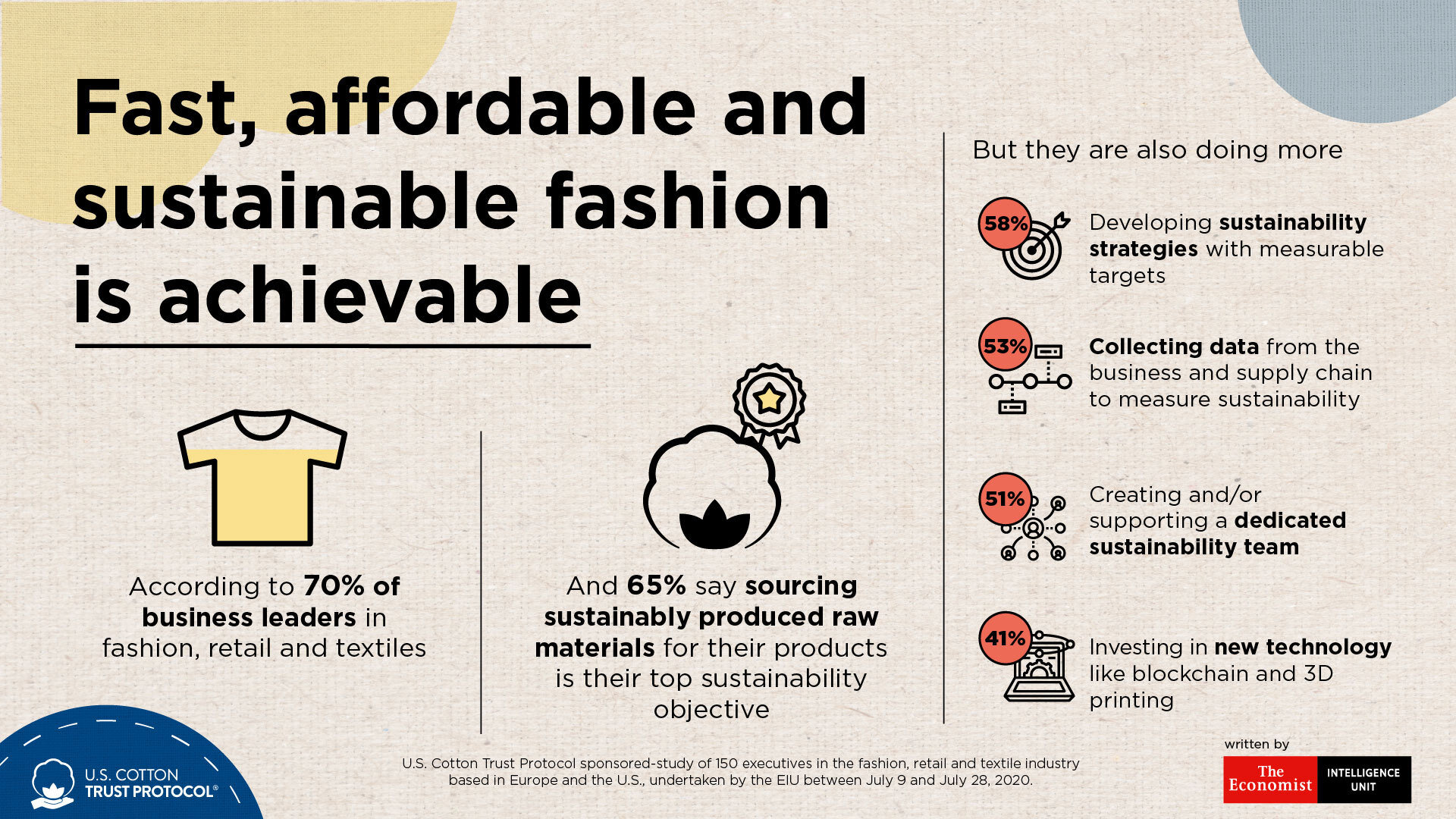
The allure of fast fashion is undeniable: trendy designs at accessible prices, constantly refreshed with the latest trends. However, this seemingly alluring model comes at a significant cost, both to the environment and to the people who make our clothes. The detrimental impact of fast fashion on labor practices, resource consumption, and waste generation has spurred a growing movement towards ethical and sustainable fashion. This shift has brought forth a wave of brands that prioritize quality over quantity, craftsmanship over speed, and ethical practices over profit margins.
These brands, often referred to as slow fashion or ethical fashion brands, are challenging the fast fashion paradigm by offering a more mindful and responsible approach to clothing production and consumption. Their commitment to sustainability manifests in diverse ways: using eco-friendly materials, prioritizing fair labor practices, minimizing waste, and promoting longevity and repair.
Popular Brands Championing Sustainable Practices
While the concept of sustainable fashion may seem niche, numerous popular brands have carved a strong presence in the market, attracting conscious consumers who value quality, longevity, and ethical practices.
1. Patagonia: A household name in outdoor apparel, Patagonia has long been a leader in sustainability. Their commitment to environmentalism is deeply ingrained in their brand identity. They use organic cotton, recycled materials, and innovative technologies to minimize their environmental footprint. Patagonia also actively advocates for environmental protection through their activism and support for organizations fighting for environmental causes.
2. Eileen Fisher: Known for its timeless designs and commitment to ethical production, Eileen Fisher has been a pioneer in sustainable fashion for decades. They use organic and recycled materials, prioritize fair labor practices, and offer a robust repair and recycling program. Eileen Fisher also champions female empowerment through their support of women-owned businesses and their commitment to fair wages and safe working conditions.
3. Everlane: Transparency is at the core of Everlane’s brand philosophy. They openly disclose the cost of their products, the factories where they are made, and the materials used. Everlane prioritizes ethical production, using sustainable materials like organic cotton and recycled polyester. They also invest in fair labor practices, ensuring workers are paid a living wage and work in safe conditions.
4. Reformation: This Los Angeles-based brand is known for its stylish and sustainable designs. They use recycled materials, deadstock fabrics, and organic cotton. Reformation also focuses on reducing waste through their efficient production processes and their commitment to minimizing their environmental impact.
5. Veja: A Brazilian footwear brand, Veja distinguishes itself through its commitment to ethical and sustainable practices. They use organic cotton, wild rubber, and recycled materials in their shoes. Veja also collaborates with fair trade producers and prioritizes transparency in their supply chain.
6. People Tree: This UK-based brand champions fair trade and organic cotton. They work directly with farmers and artisans in developing countries, ensuring fair wages and safe working conditions. People Tree also prioritizes environmental sustainability by using organic cotton and other eco-friendly materials.
7. Thought: This UK-based brand focuses on creating comfortable and stylish clothing using sustainable materials. They use organic cotton, recycled materials, and Tencel, a sustainable fiber derived from wood pulp. Thought also prioritizes ethical production, working with factories that adhere to fair labor standards.
8. Armedangels: This German brand is committed to producing sustainable and ethical clothing. They use organic cotton, recycled materials, and fair trade practices. Armedangels also advocates for transparency and traceability in their supply chain, allowing consumers to understand the origins of their clothing.
9. Stella McCartney: A leading designer in the luxury fashion space, Stella McCartney has consistently pushed the boundaries of sustainable fashion. She uses vegan materials, avoids fur and leather, and prioritizes ethical production practices. Stella McCartney also advocates for animal welfare and environmental sustainability.
10. Outerknown: Founded by surfing legend Kelly Slater, Outerknown focuses on creating high-quality, sustainable apparel for outdoor enthusiasts. They use organic cotton, recycled materials, and innovative technologies to minimize their environmental footprint. Outerknown also prioritizes fair labor practices and transparency in their supply chain.
Understanding the Importance of Sustainable Fashion
These brands demonstrate the growing movement towards ethical and sustainable fashion. Their commitment to responsible practices addresses several critical issues:
a) Environmental Impact: Fast fashion contributes significantly to environmental degradation. The production of textiles consumes vast amounts of water, energy, and resources, leading to pollution and greenhouse gas emissions. Sustainable fashion brands aim to minimize their environmental impact by using eco-friendly materials, reducing waste, and optimizing their production processes.
b) Labor Exploitation: The fast fashion industry often relies on exploitative labor practices, including low wages, unsafe working conditions, and forced labor. Sustainable fashion brands prioritize fair labor practices, ensuring workers are paid a living wage, work in safe conditions, and have access to fair treatment.
c) Waste Generation: Fast fashion fuels a culture of disposable clothing, resulting in massive amounts of textile waste. Sustainable fashion brands encourage responsible consumption by prioritizing quality over quantity, promoting longevity and repair, and offering recycling programs.
d) Ethical Sourcing: Sustainable fashion brands focus on sourcing materials ethically and transparently. They work with suppliers who adhere to fair trade principles, ensuring ethical and sustainable practices throughout their supply chain.
FAQs: Addressing Common Concerns
Q: Are sustainable fashion brands more expensive than fast fashion brands?
A: Sustainable fashion brands often have higher price points than fast fashion brands. This difference reflects the higher cost of ethical sourcing, sustainable materials, and fair labor practices. However, investing in high-quality, durable clothing can ultimately be more cost-effective in the long run, as these items are designed to last longer and require fewer replacements.
Q: Is sustainable fashion accessible to everyone?
A: Sustainable fashion is becoming increasingly accessible, with a wider range of brands and price points emerging. While some brands cater to a luxury market, others offer more affordable options. Additionally, second-hand clothing and vintage stores are excellent sources for finding sustainable and affordable fashion options.
Q: What can I do to support sustainable fashion?
A: There are several ways to support sustainable fashion:
- Buy less: Consider the items you really need and prioritize quality over quantity.
- Invest in durable pieces: Choose clothing made from high-quality materials and durable construction.
- Shop secondhand: Explore vintage stores, thrift shops, and online platforms for pre-loved clothing.
- Repair and mend: Extend the life of your clothing by repairing rips and tears.
- Support sustainable brands: Research brands committed to ethical and sustainable practices and prioritize their products.
Tips for Making Sustainable Choices
- Read labels carefully: Look for certifications like Fair Trade, GOTS (Global Organic Textile Standard), and OEKO-TEX, which indicate ethical and sustainable practices.
- Research brands: Explore the brand’s website, social media pages, and independent reviews to understand their commitment to sustainability.
- Consider the lifecycle of clothing: Think about the materials, production processes, and end-of-life options when making purchasing decisions.
- Embrace vintage and secondhand: Explore vintage stores, thrift shops, and online platforms for pre-loved clothing.
- Support local designers and makers: Choose clothing made by local artisans who prioritize ethical and sustainable practices.
Conclusion: Embracing a Sustainable Future
The rise of sustainable fashion brands signifies a shift in consumer consciousness. As awareness of the environmental and social impacts of fast fashion grows, consumers are increasingly seeking brands that align with their values. By embracing these brands, consumers can contribute to a more ethical and sustainable fashion industry, supporting fair labor practices, reducing environmental impact, and promoting responsible consumption. The future of fashion lies in a mindful approach that prioritizes quality, longevity, and ethical practices, ensuring a more sustainable and equitable industry for all.
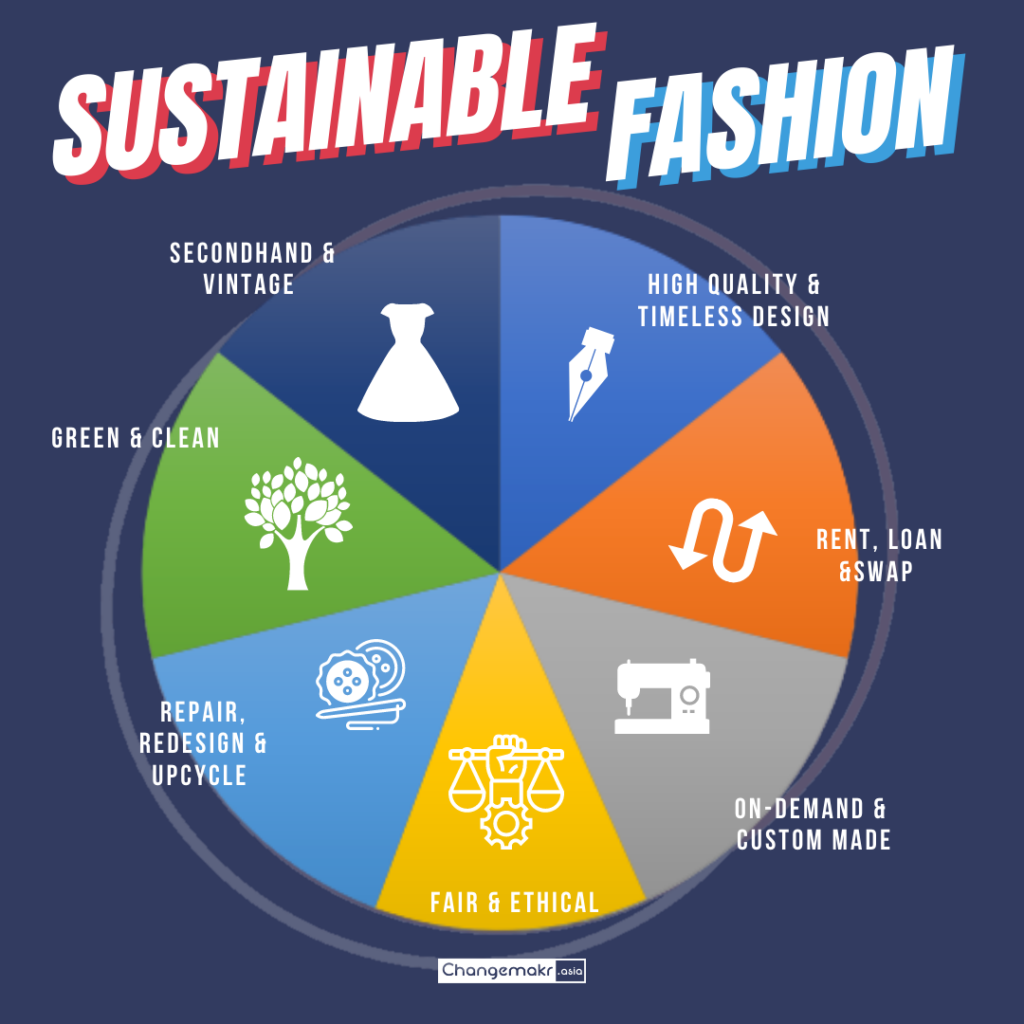
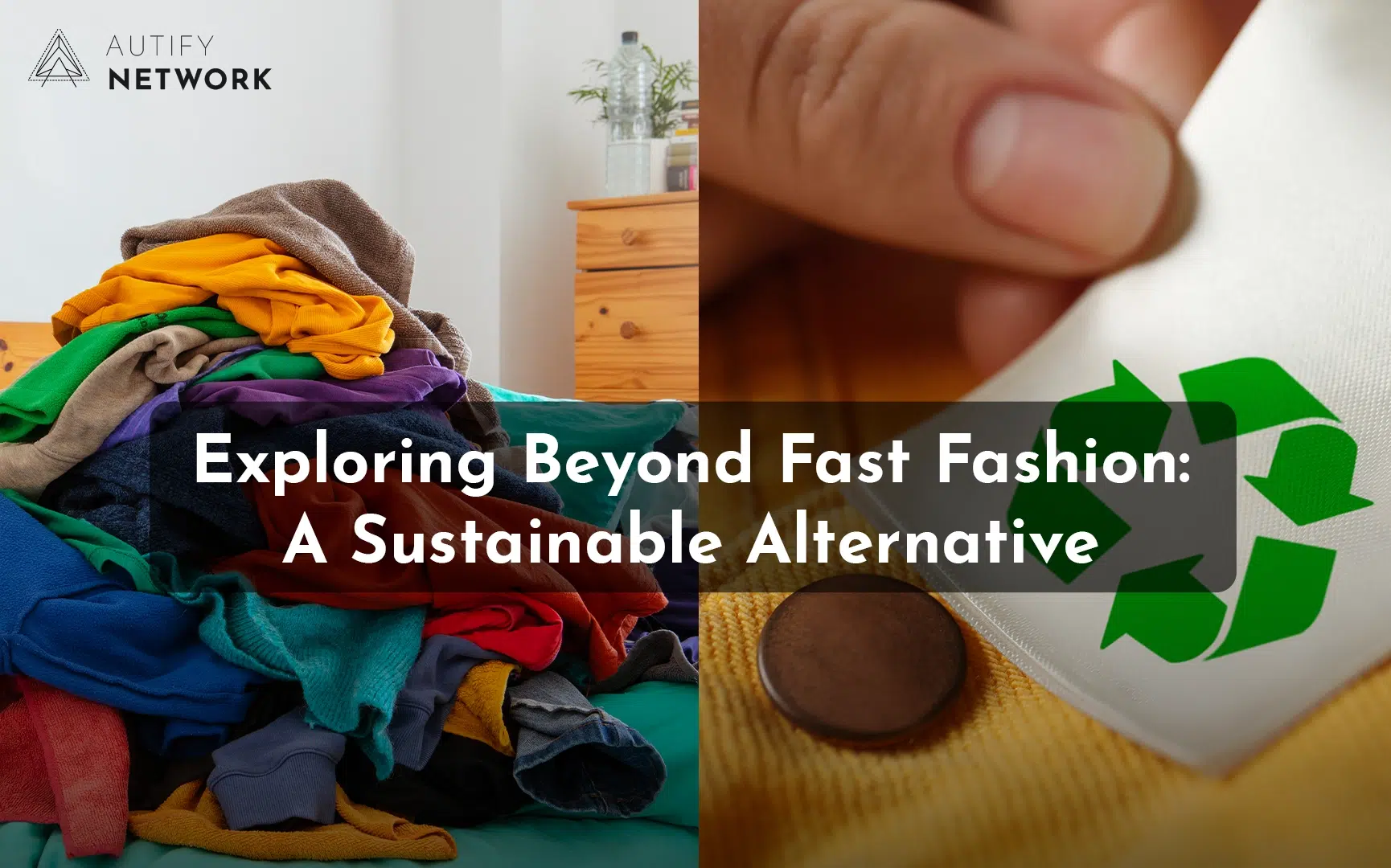
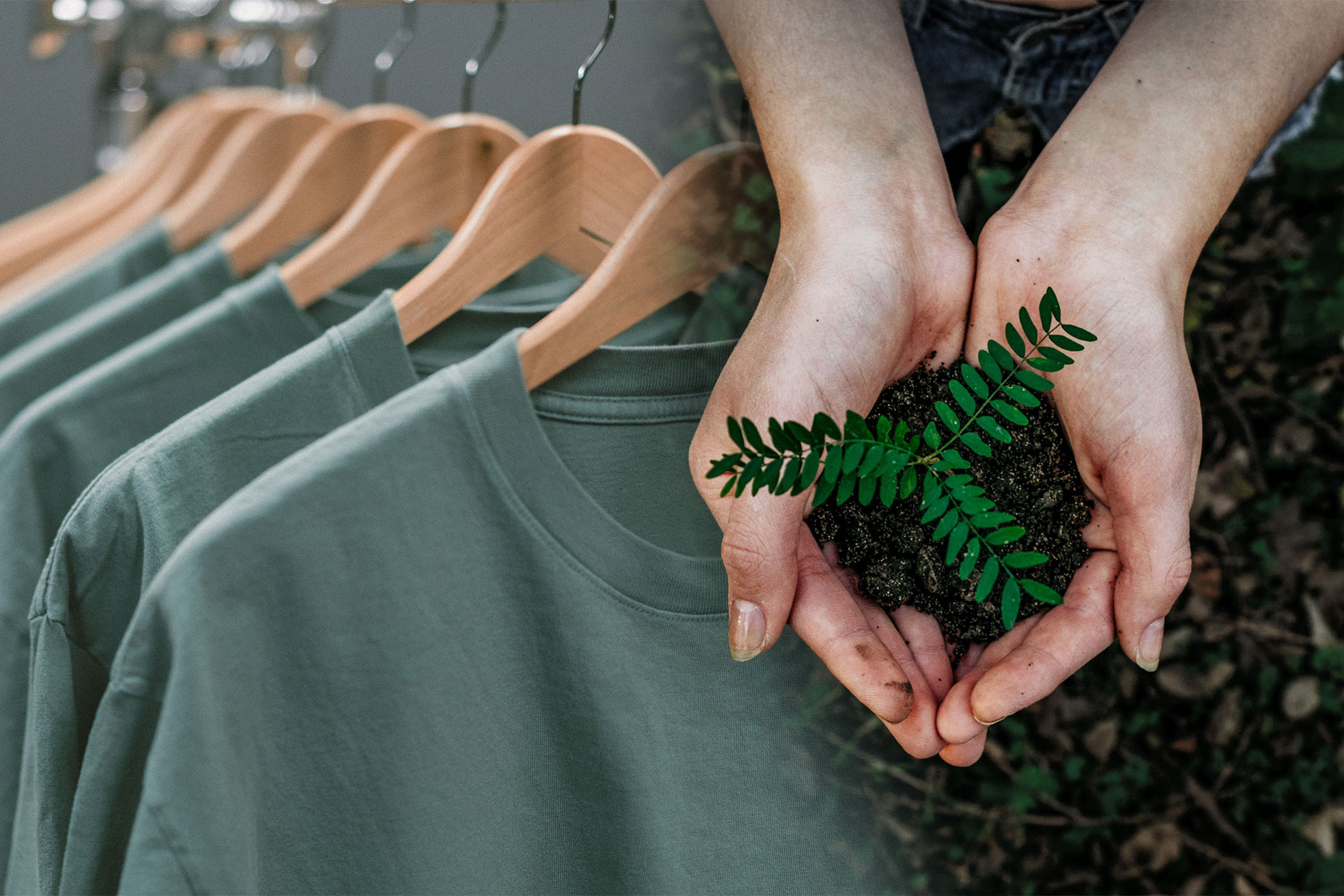

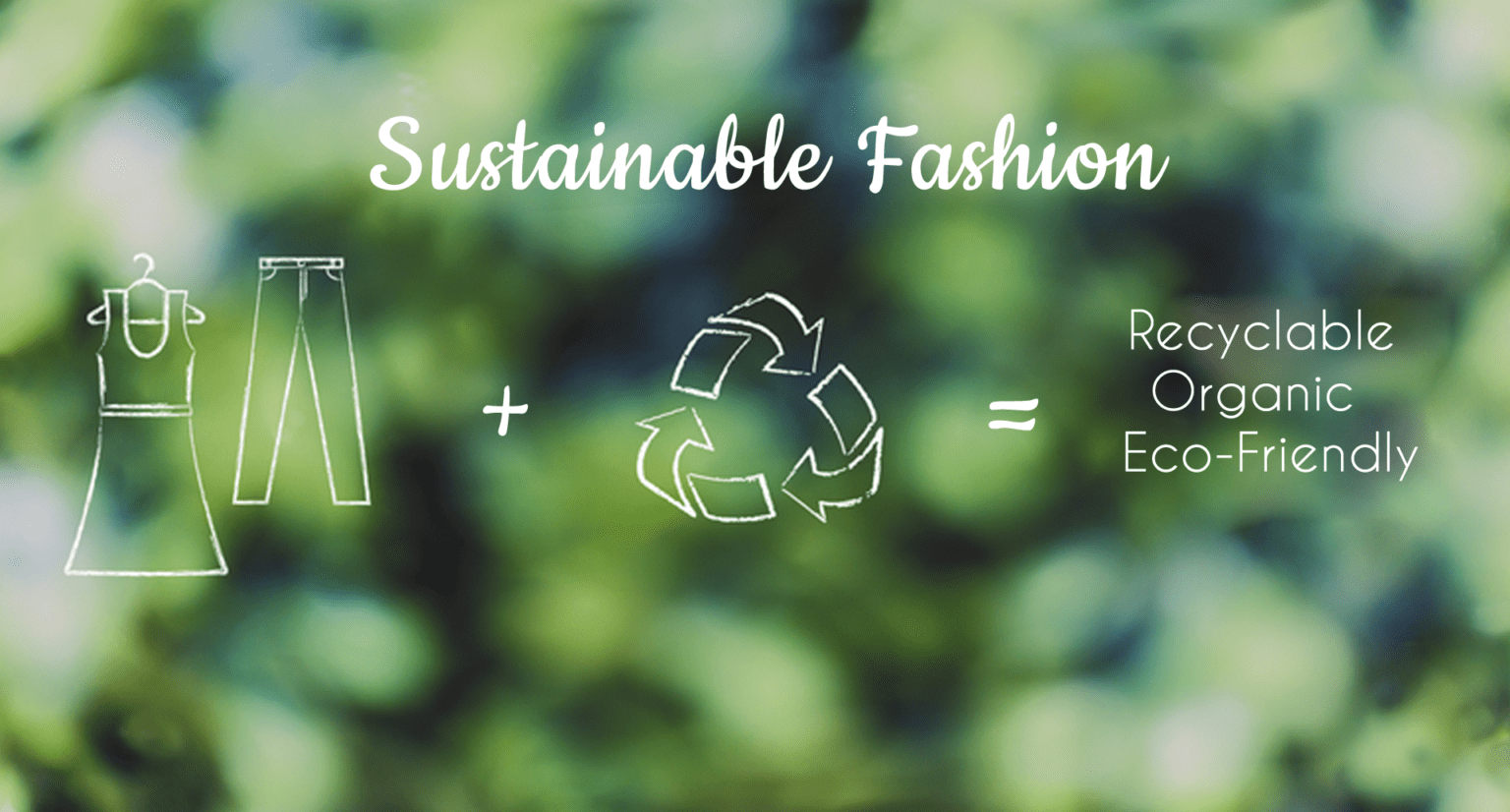


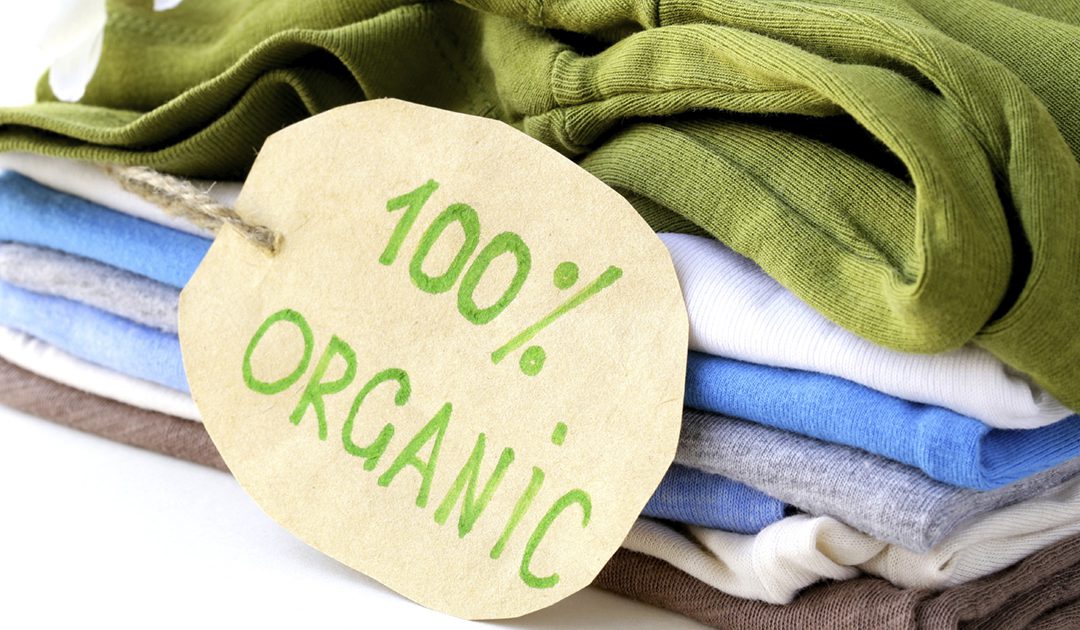
Closure
Thus, we hope this article has provided valuable insights into Beyond the Fast Lane: Exploring Brands Committed to Sustainable Fashion. We thank you for taking the time to read this article. See you in our next article!